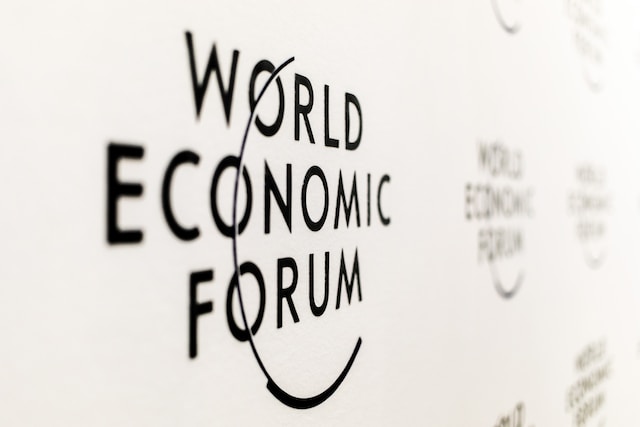
(Liberal Voice Network) – A new report from the World Economic Forum (WEF) reveals a disheartening reality: women worldwide are not expected to achieve gender parity with men until the year 2154. The WEF’s “Global Gender Gap Report 2023,” released on Wednesday, shows that the overall gender gap closed by a mere 0.3% compared to the previous year.
This sluggish progress in closing gender gaps, particularly in the economy, highlights the urgent need for renewed and concerted action, according to Saadia Zahidi, the managing director at the WEF. She writes in the report that recent years have witnessed setbacks in gender parity due to the impact of the COVID-19 pandemic on women’s education and employment, compounded by subsequent economic and geopolitical crises. As some parts of the world witness partial recoveries while others experience deteriorations, urgent measures become imperative.
The WEF’s Gender Gap Index, which assesses gender parity in 146 countries across economic participation, educational attainment, health and survival, and political empowerment, indicates an overall improvement of 4.1 percentage points since the index’s inception in 2006. While educational attainment and aspects of health and political empowerment show progress, the report signals regression in economic participation, raising concerns about a “post-pandemic crisis.”
The report warns that the slow and incomplete recovery from the shocks of the pandemic, coupled with technological advancements and climate change, poses a risk of further setbacks in women’s economic empowerment. The consequences extend beyond individual women and girls, as the global economy suffers when millions are denied economic access and opportunities.
The WEF estimates that achieving global economic parity will take 169 years, while political parity will require 162 years. Only nine countries have closed at least 80% of their gender gaps, including Iceland, Norway, Finland, New Zealand, Sweden, Germany, Nicaragua, Namibia, and Lithuania. Iceland, for the 14th consecutive year, leads as the most gender-equal country, having closed 91.2% of its gender gap.
In contrast, the United States ranks 43rd, with a parity score of 74.8%. The country’s decline in overall rankings from the previous year (when it was 27th with 76.9% parity) is mainly attributed to a significant drop in the political empowerment index, measuring the gender gap in top-level political decision-making.
Saadia Zahidi emphasizes that accelerating progress towards gender parity not only benefits women and girls but also revitalizes economies and societies as a whole. Advancing gender equality leads to improved outcomes, spurs growth, fosters innovation, and enhances resilience, she asserts.